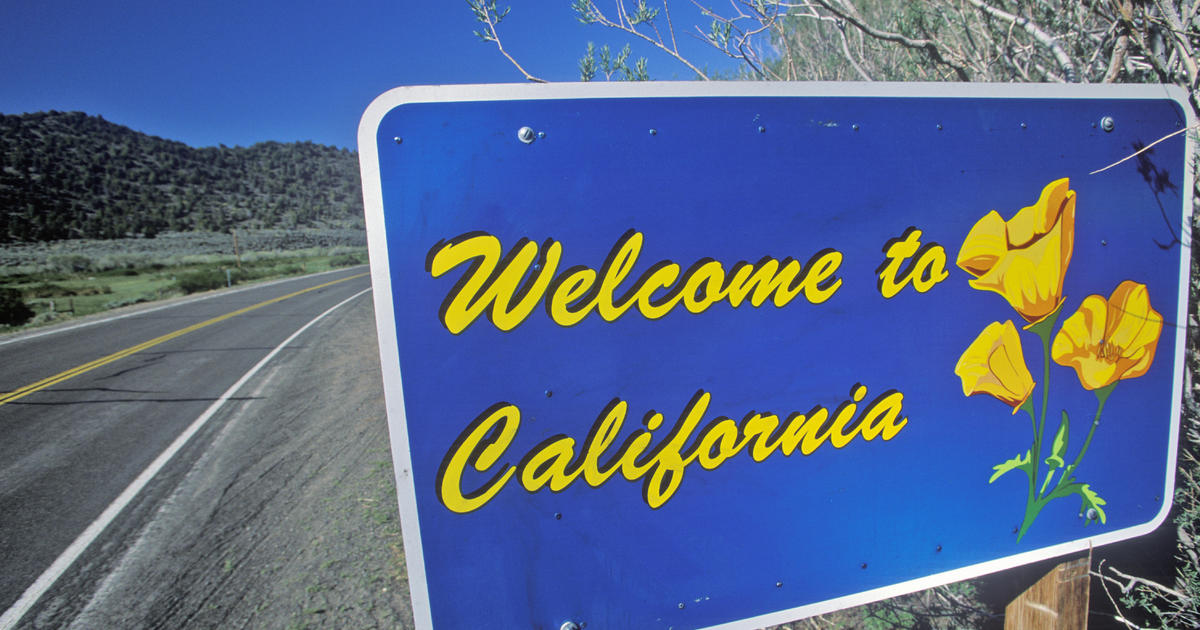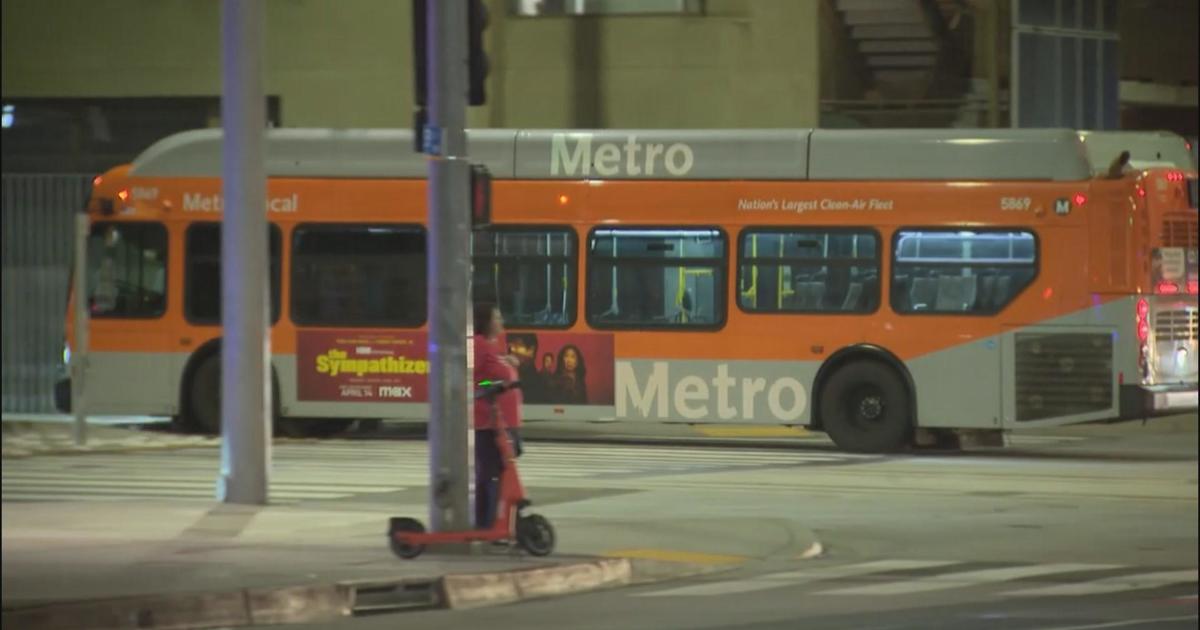'Fiscal Cliff' Deal Brings Some Relief To Calif.
SACRAMENTO (AP) — The deal in Washington to avoid the "fiscal cliff" will bring a reprieve to California's slowly rebounding economy, but uncertainty remains in part because Congress delayed action on federal spending cuts.
The agreement helps California avoid sliding back into recession, H.D. Palmer, finance spokesman for Gov. Jerry Brown, said Wednesday.
But economic forecasters said the two-month delay on the sequestration cuts could lead businesses to delay hiring or investments.
"To the extent that this agreement averts a national recession — and the revenue loss associated with it — then we will have dodged a bullet," Palmer said a day after Congress reached the deal.
One immediate benefit of the agreement is about 400,000 jobless Californians will receive extended unemployment benefits. The legislation also stops a 27 percent reduction in Medicare fees paid to doctors, and keeps in place a higher child tax credit as well as tax credits for college tuition, clean energy and small businesses.
While it raises taxes on the wealthy, the deal prevents most tax increases on the middle class. All taxpayers will be subject to an additional 2 percent Social Security payroll tax because Congress allowed that tax holiday to expire.
Individuals making $400,000 or more and couples making $450,000 or more will see an increase in their tax rate to 39.6 percent, up from 35 percent.
About 144,000 of the state's 14.6 million tax returns, or 1 percent, reported incomes of $400,000 or more, according to 2009 statistics from the California Franchise Tax Board, the latest data available.
Forecasters had predicted California would fall back into recession if all the federal tax breaks were allowed to expire and government spending was slashed.
Some observers still fear the two-month delay in negotiations about spending and the federal debt could cause businesses and investors to hold back.
"Part of the fiscal cliff was postponed for two months, so it's still there," said Jerry Nickelsburg, economics professor at the UCLA Anderson School of Management. "We just changed it from one fiscal cliff into two."
The Los Angeles County Economic Development Corp. projected that automatic spending cuts would have brought a loss of $22.7 billion in gross state product — the annual measure of goods and services produced in California. It also could have meant the loss of 225,000 jobs statewide.
The nonpartisan Legislative Analyst's Office warned that California also could have lost as much as $11 billion in tax revenue if the nation fell back into recession. That would wipe out the bulk of tax gains under Proposition 30, a set of temporary sales and income taxes hikes voters approved in November.
(© Copyright 2013 The Associated Press. All Rights Reserved. This material may not be published, broadcast, rewritten or redistributed.)



